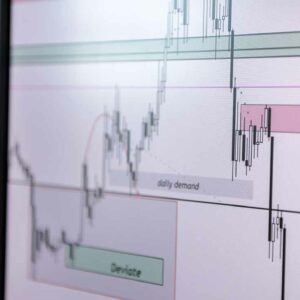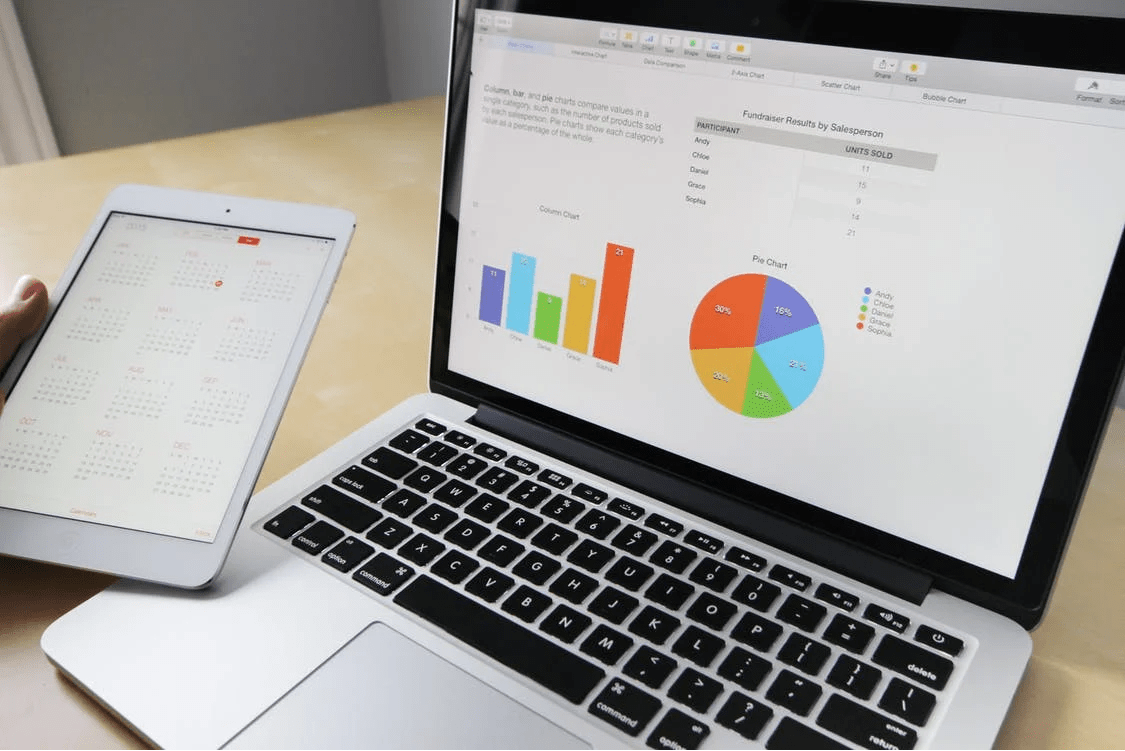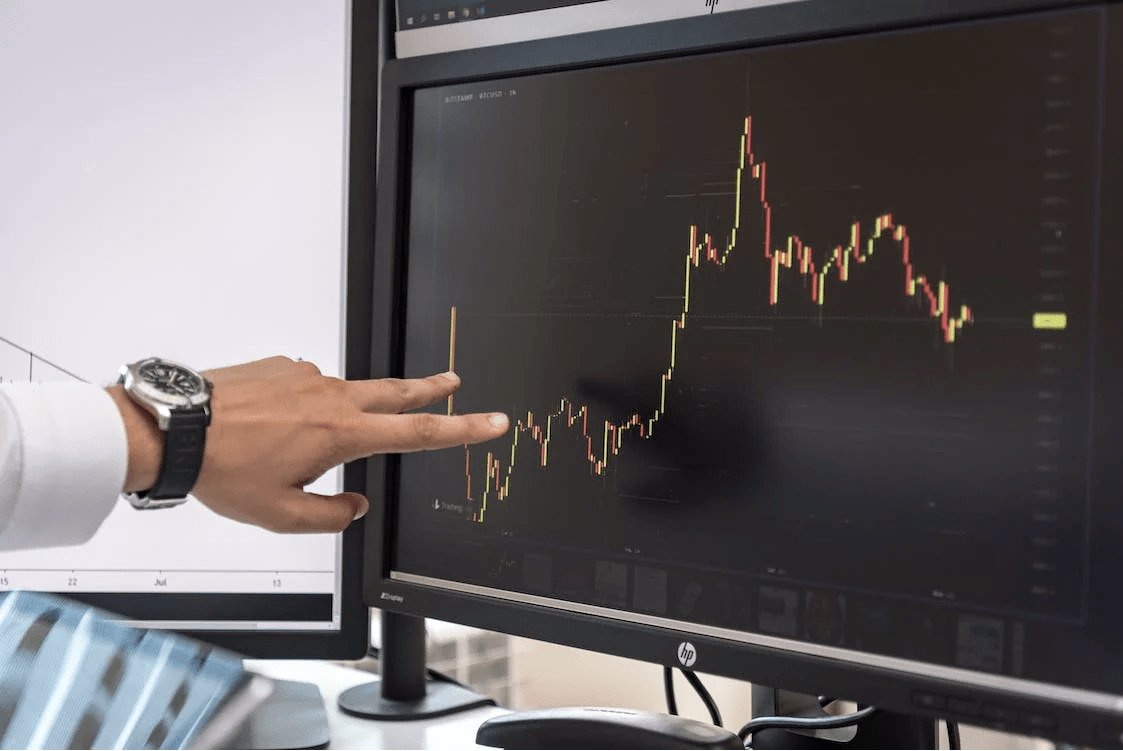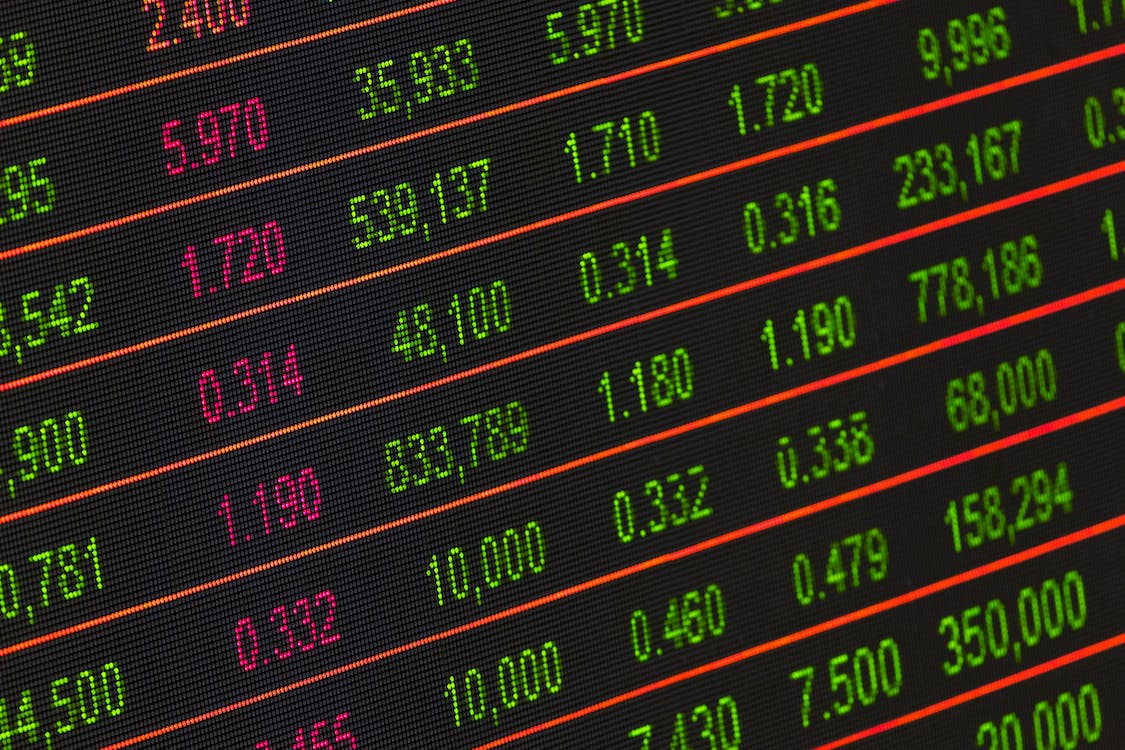Investing in the stock and forex markets can be a smart way to grow your wealth over the long term. The stock market involves buying and selling shares of publicly-traded companies, while the forex market involves trading currencies from various countries. Both markets offer opportunities for investors to earn profits, but they also carry risks that should be carefully considered before investing. In this comprehensive guide, we will explore the key differences between the stock and forex markets, including their unique characteristics, benefits, and risks. We will also provide tips and strategies for navigating these markets successfully and building a diversified investment portfolio that includes both stocks and forex.
Understanding the Stock Market
The stock market refers to a public market where investors can buy and sell shares of publicly-traded companies. Publicly-traded companies issue shares of stocks to raise capital, and these shares are bought and sold among investors on the stock market. The stock market provides companies with access to a large pool of capital while providing investors with the opportunity to earn profits through the appreciation of stock prices or dividends.
When investing in the stock market, it is important to consider the types of stocks available and their characteristics. Common stocks represent ownership in a company and offer voting rights to shareholders, while preferred stocks offer fixed dividend payments but no voting rights. Investors should also consider key metrics such as price-to-earnings ratio (P/E), earnings per share (EPS), and dividend yield when evaluating stocks.
Overall, investing in the stock market can provide long-term growth and diversification opportunities for investors, but it also carries risks such as market volatility and economic factors that can impact stock prices. It is important for investors to regularly review and adjust their investment portfolios, and to consider risk management strategies such as diversification and asset allocation.
Understanding the Forex Market
The forex market, also known as the foreign exchange market, is a global decentralized market where currencies are traded. The forex market operates 24 hours a day, five days a week, and is the largest financial market in the world, with daily trading volume over $5 trillion.
In the forex market, currencies are traded in pairs, such as USD/EUR or USD/JPY. The value of a currency pair is based on the exchange rate between the two currencies. The exchange rate fluctuates based on various factors such as economic indicators, political events, and monetary policy decisions.
The major currencies traded in the forex market include the US dollar (USD), Euro (EUR), Japanese yen (JPY), British pound (GBP), Swiss franc (CHF), Canadian dollar (CAD), and Australian dollar (AUD).
When trading forex, it is important to consider key metrics such as bid-ask spreads, leverage, and margin requirements. Traders can use various strategies to profit from changes in currency exchange rates, including technical analysis, fundamental analysis, and sentiment analysis.
While the forex market offers opportunities for high returns, it also carries risks such as market volatility and geopolitical events that can impact currency exchange rates. It is important for traders to have a solid strategy and risk management plan in place, and to regularly review and adjust their trading positions.
Differences Between Stock and Forex Markets
The stock market and the forex market are two distinct financial markets with unique characteristics. Understanding the differences between the two is important for investors who want to build a diversified investment portfolio.
Market size and liquidity: The forex market is much larger than the stock market, with a daily trading volume over $5 trillion compared to the stock market’s daily trading volume of around $200 billion. The forex market is also more liquid, meaning that investors have greater flexibility in buying and selling currencies at various prices.
Volatility and risk: The forex market is generally more volatile than the stock market, with currency exchange rates fluctuating frequently based on various factors such as economic indicators, political events, and monetary policy decisions. This volatility can result in higher potential returns, but also higher potential risks.
Trading hours and accessibility: The forex market operates 24 hours a day, five days a week, while the stock market has fixed trading hours. This makes the forex market more accessible to investors who want to trade at any time of day or night.
Regulatory environment and oversight: The stock market is subject to more regulatory oversight than the forex market, with strict rules and regulations governing trading practices, disclosures, and reporting requirements. The forex market is generally less regulated, which can make it more difficult for investors to fully understand the risks involved in trading currencies.
Benefits of Investing in Stocks and Forex
Investing in both stocks and forex can offer a range of benefits to investors. Here are some of the key advantages:
Opportunity for long-term growth and diversification: Both stocks and forex can provide investors with the opportunity for long-term growth, with the potential for high returns over time. By investing in a diversified portfolio that includes both stocks and forex, investors can spread their risk and maximize their potential returns.
Potential for high returns: While investing in stocks and forex carries risks, there is also the potential for high returns. In the stock market, investors may earn profits through the appreciation of stock prices or dividends, while in the forex market, traders can profit from changes in currency exchange rates.
Access to global markets: Investing in both stocks and forex provides access to global markets, allowing investors to take advantage of opportunities across different countries and regions.
However, it is important to note that investing in stocks and forex also carries risks. These risks include market volatility, economic and political events that impact markets, and regulatory changes that can impact trading practices. Investors should carefully consider these risks and develop a solid strategy and risk management plan before investing in these markets.
Risks of Investing in Stocks and Forex
Investing in both stocks and forex carries risks that investors should be aware of before investing. Here are some of the key risks associated with investing in these markets:
Market volatility and unpredictability: Both stocks and forex markets can be volatile, with prices fluctuating frequently based on various factors such as economic indicators, political events, and investor sentiment. This volatility can result in significant losses for investors who do not have a solid investment strategy or risk management plan in place.
Economic and political factors that impact markets: Economic factors such as interest rates, inflation, and GDP growth can impact the performance of both stock and forex markets. Political events such as elections, trade wars, and geopolitical conflicts can also impact market performance.
Risk management strategies: Investors should carefully consider their risk tolerance and develop a solid risk management plan that includes diversification, asset allocation, and regular portfolio review and adjustment.
In summary, investing in stocks and forex carries risks, including market volatility and unpredictability, economic and political factors that impact markets, and the need for effective risk management strategies. Investors should carefully consider these risks and develop a solid investment strategy and risk management plan before investing in these markets.





